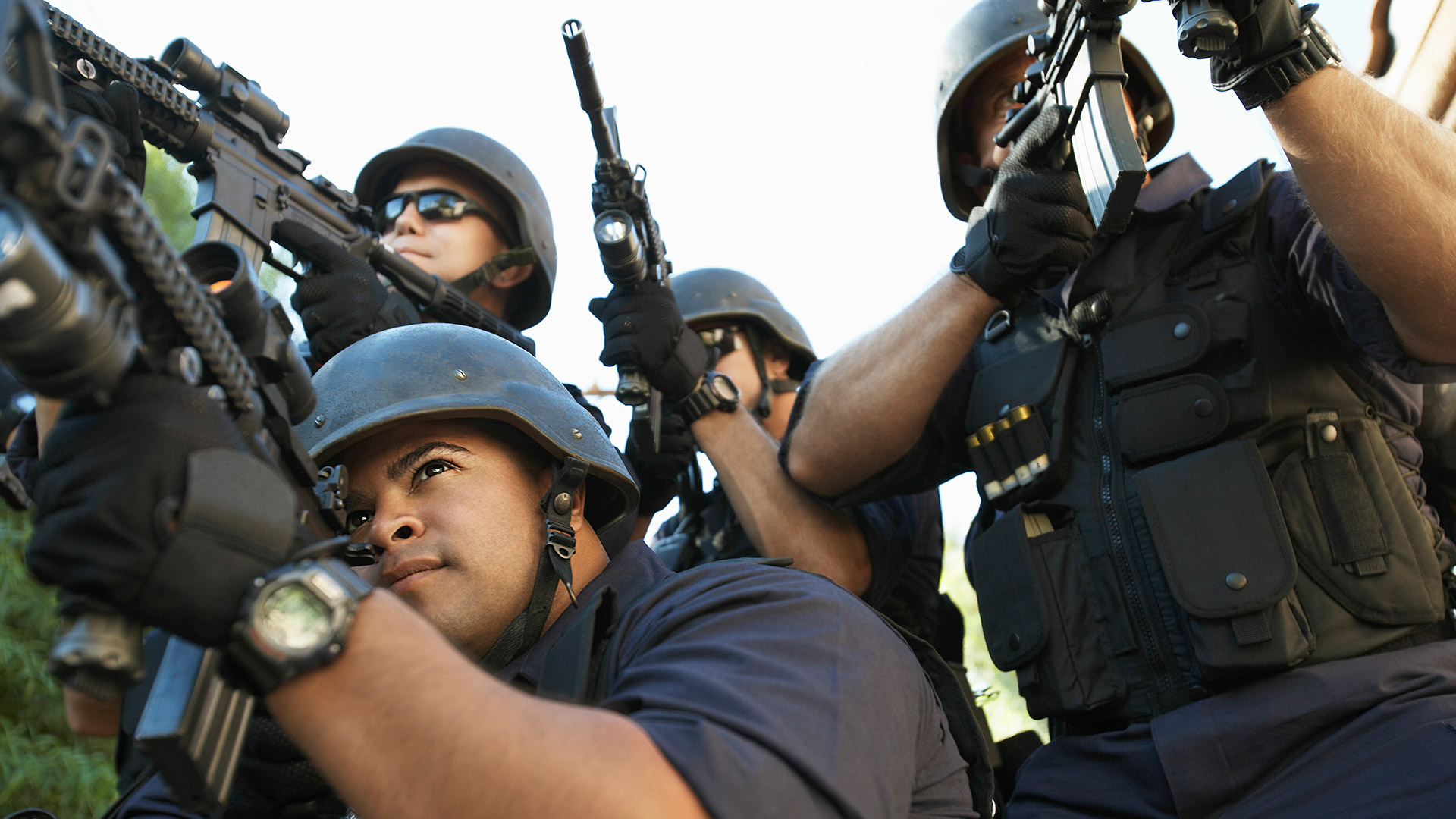
Once again, the calls for police reform are getting louder, especially after five Memphis, Tennessee, police officers were fired and charged with the death of Tyre Nichols in January. A sixth officer was fired in February and additional department personnel are under investigation. Instead of campaigning to defund the police, some reformers suggest changing how future officers are trained will better serve and protect communities and law enforcement professionals.
A recent study published by the Police Executive Research Forum (PERF) examined how American police academies prepare recruits, and how they compare against other countries. The length of training is the starkest difference. “Transforming Police Recruit Training: 40 Guiding Principles” reviewed more than 18,000 U.S. law enforcement agencies and concluded that, on average, candidates in this country spend less than 20 weeks preparing for a law enforcement career, reported ABC News. The article also cited a 2018 Department of Justice study that calculated police academies devoted approximately 833 hours, or less than six months, to instruction. Whereas Japan averages 15 to 21 months of training. Germany demands two and a half years of instruction, and police cadets in Finland must complete three years of education before serving as officers.
The study concluded that, on average, candidates in the U.S. spend less than 20 weeks preparing for a law enforcement career.
A 2020 PERF research project also concluded that 71% of U.S. police agencies spend less than 5% of annual budgets on new-hire training. In contrast, 25 of the largest police and sheriff’s organizations have made approximately 40,000 settlement payments on misconduct lawsuits over the past 10 years, totaling more than $3.2 billion, per data collected by The Washington Post.
“Our training is outdated, antiquated and is trying to do on the cheap what other places have done in a comprehensive way,” PERF Executive Director Chuck Wexler told ABC News.
He added that current coursework and instruction emphasizes weapons and defensive tactics delivered in a military style, instead of delving into communications or critical thinking skills.
“Barking orders and giving commands and sort of a military kind of thinking — it’s not a problem-solving approach. It’s not critical thinking,” Wexler said. “Communicating, being a good listener, responding, thinking and sometimes saying, ‘You know what, we need to step back, we’re not the right ones here. For this we need to bring someone else in.’ Those are important skills, to know your limitations and also to ask the right questions.”
To illustrate his point, Wexler pointed to PERF’s Integrated Communications Assessment and Tactics (ICAT) program, which focuses on de-escalation and critical thinking skills rather than use-of-force reactions. The Louisville Metro Police Department in Kentucky launched its pilot program.
Evaluated by the University of Cincinnati, researchers concluded that officers in the ICAT training reduced their involvement in use-of-force incidents by 28% over their counterparts. Additionally, ICAT participants sustained fewer injuries on the job as did the citizens they encountered.
“It turns out that actually using a critical-decision model … is not only safer for the person you’re dealing with, but it’s actually safer for police officers,” Wexler said.
That said, he acknowledges a cop’s job remains dangerous with crime rates on the rise, and knowledge of weapons, use-of-force and defensive tactics could be life-saving. He also agrees that restructuring training models takes time and comes with a high price tag. But in an environment where agencies face an aging workforce and recruiting shortfalls, there may be no better time to overhaul police training. And, he calls for federal support.
“There has to be a national commitment to want to fundamentally train … and to compensate police at a level that makes them professionals,” Wexler said.
As seen in the March 2023 issue of American Police Beat magazine.
Don’t miss out on another issue today! Click below:





